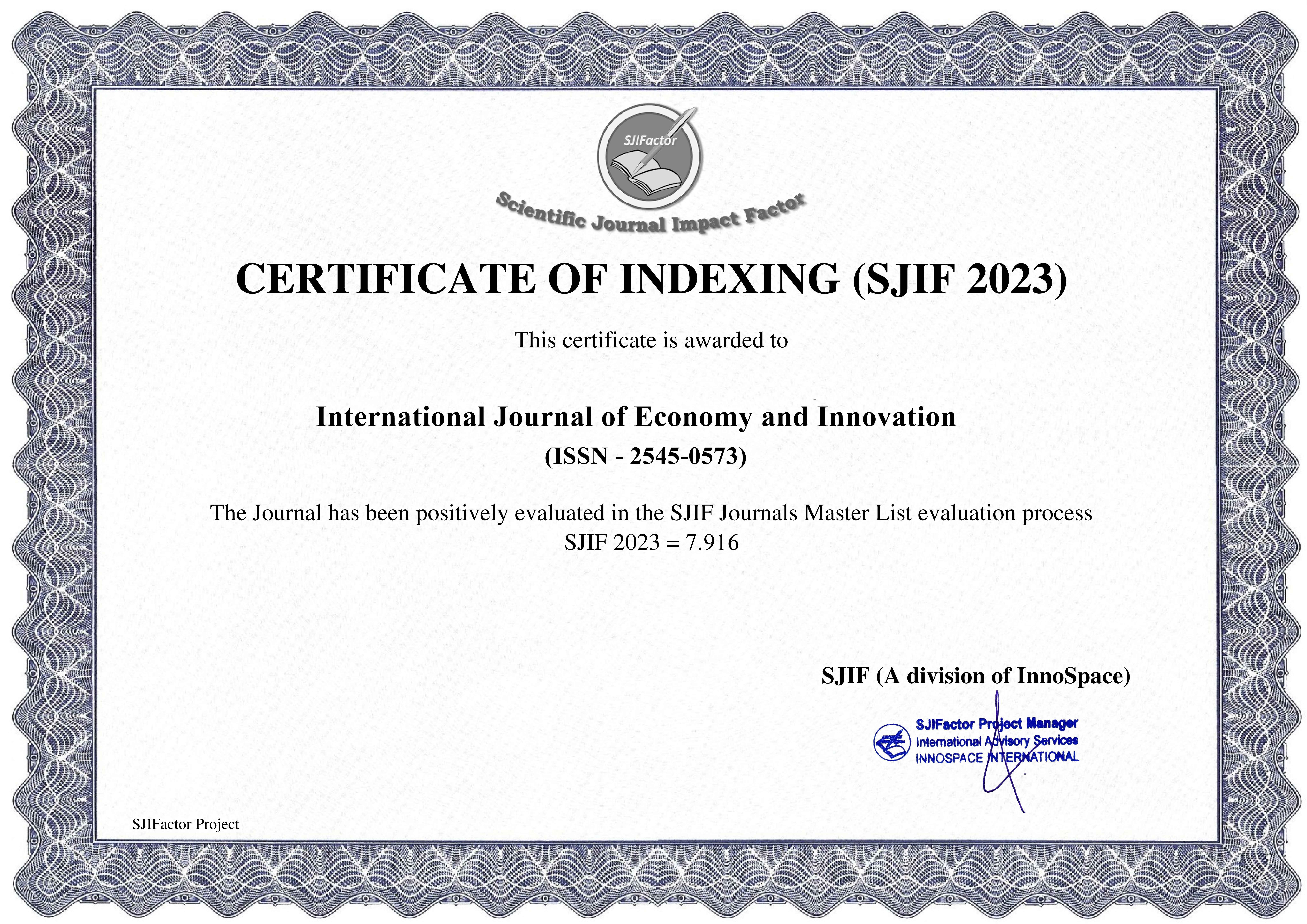EFFECT OF HOUSEHOLD SAVINGS ON POVERTY REDUCTION IN NIGERIA: AN AGGREGATED ANALYSIS
Keywords:
Household Savings, Poverty Reduction, Household Investment, Per Capital Income, Access to Credit ServicesAbstract
This study empirically investigate the effect of household savings on poverty reduction in Nigeria from 1999-2022 using Auto-regression Distributed Lag Model (ARDL) technique method. The objectives of the study were to examine the effect of household savings, household investment, per capital income and access to credit services on poverty reduction in Nigeria. Result revealed that the Error Correction Model (ECM) for this cointegrating relationship was negative as expected and significant which showed that about 2.5% of short run deviations would be corrected for annually. Also, from the ARDL regression result, the various tests (R2, Adjusted R2, F-statistic, and p-value) of significance on the model showed good result. The R2 of the study indicated high explanatory power of the independent variables. The adjusted R2 value of the model also supported this fact. F-statistic which measures the overall significance of the model suggests that all estimated regression model is statistically significant. Given the result of the analysis, the study recommends that: The government should be deliberate at improving the income of its citizens by improving their productivity. This is because as incomes rise, households tend to have a higher marginal propensity to save and with higher incomes there is a diminishing marginal utility to consumption. The government should building the basic infrastructure like electricity, health, transportation and communication. This can aid in boosting economic growth and per capita income. The government should set up a supervised credit scheme. This will empower people, gives them the opportunity to have an account, to save and invest, and in many cases break the chains of poverty.

















